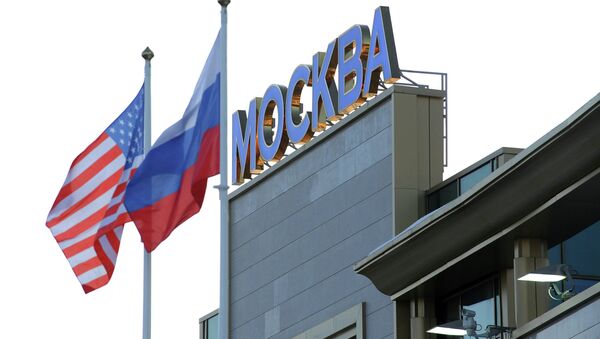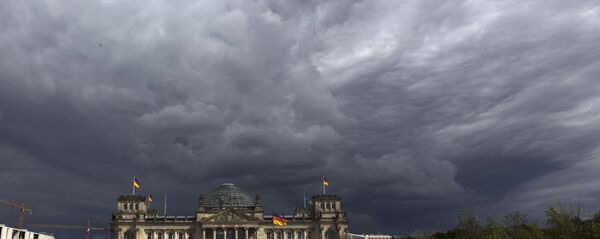Earlier this week, Cory Gardner, head of the US Senate Foreign Relations Subcommittee on East Asia, the Pacific, and International Cybersecurity, announced plans to introduce a bill that would impose sanctions on Russia's cyber criminals.
Contra Magazin said that the "incompetent snoops" from the US special services once again had not bothered to provide any evidence related to alleged Russian cyber-attacks.
According to Contra Magazin, Europeans will be forced to play along with Washington's "dirty game" and face the consequences of the possible new anti-Russian sanctions, which "cause much more damage to European economy rather than that of the United States."
"Pro-American governments and parliaments are expected to agree with these 'meaningless and groundless sanctions', " Contra Magazin said.
It added that "anyone who still believes that the EU pursues an independent policy is living in a fantasy world."
US politicians and media reports have accused Moscow of being behind attempted hacks on voter databases in Illinois and Arizona in late June and a breach of the Democratic Party's emails in July.
The Kremlin called the hacking claims absurd and stressed that Russia has no desire to interfere in or influence the US election.
Independently, White House spokesman Josh Earnest told reporters on Thursday that the United States does not rule out imposing sanctions on Russia over the current situation in Syria outside the auspices of the United Nations.
The United States, the European Union and some of their allies have imposed several rounds of restrictive anti-Moscow sanctions, targeting key sectors of the Russian economy, as well as a number of individuals and entities.
Russia has repeatedly refuted the allegations, warning that the Western sanctions are counterproductive and undermine global stability. In response to the restrictive measures, Russia has imposed a food embargo on some products originating in countries that have targeted it.
In July 2016, the EU Council prolonged the anti-Russian sanctions until January 31, 2017, and Russia responded by extending its counter-sanctions until December 31, 2017.




